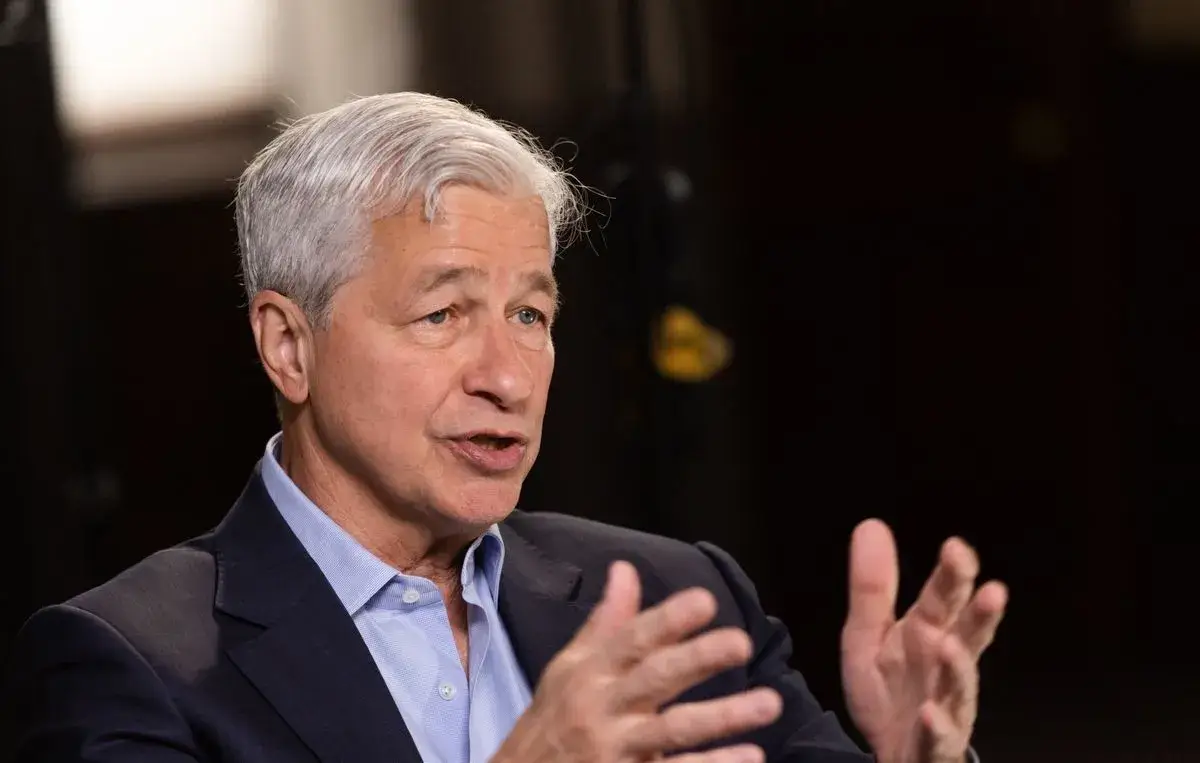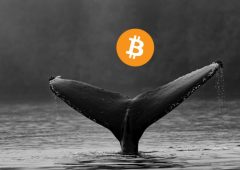JPMorgan CEO Stays Neutral Ahead of Election Amid Speculation on Future Role in Government
26.10.2024 9:30 1 min. read Alexander Stefanov
As the U.S. presidential election approaches, JPMorgan Chase CEO Jamie Dimon has again refrained from endorsing any candidate during his recent trip to Washington, D.C.
With only 11 days until Election Day, his likelihood of public support remains low. At a conference held by the Institute of International Finance, Dimon stressed the need for political collaboration but did not comment on Vice President Kamala Harris or former President Donald Trump. While he hasn’t formally endorsed either, sources indicate he privately favors Harris.
Dimon reiterated the ineffectiveness of divisive politics, stating, “Yelling at each other doesn’t work.” Given the election’s focus on economic issues, his views are increasingly scrutinized. Both campaigns have declined to comment on his potential endorsement.
Dimon has a complex history with Trump, previously criticizing him after January 6 but also acknowledging some of his economic viewpoints.
Dimon’s future plans include a possible retirement sooner than expected, leading to speculation about a role in a future administration, potentially as Treasury Secretary under Harris. He has expressed interest in public service but insists he wouldn’t accept a position unless he could operate without interference.
Prominent figures like Mark Cuban have advocated for his capabilities in a governmental role, suggesting that his extensive experience could be invaluable, regardless of the election’s outcome.
-
1
Key U.S. Economic Events to Watch Next Week
06.07.2025 19:00 2 min. read -
2
Gold Beats U.S. Stock Market Over 25 Years, Even With Dividends Included
13.07.2025 15:00 1 min. read -
3
U.S. Announces Sweeping New Tariffs on 30+ Countries
12.07.2025 16:30 2 min. read -
4
US Inflation Heats Up in June, Fueling Uncertainty Around Fed Cuts
15.07.2025 16:15 2 min. read -
5
U.S. National Debt Surge Could Trigger a Major Crisis, Says Ray Dalio
26.06.2025 10:00 1 min. read
US Inflation Heats Up in June, Fueling Uncertainty Around Fed Cuts
U.S. inflation accelerated in June, dealing a potential setback to expectations of imminent Federal Reserve rate cuts.
Gold Beats U.S. Stock Market Over 25 Years, Even With Dividends Included
In a surprising long-term performance shift, gold has officially outpaced the U.S. stock market over the past 25 years—dividends included.
U.S. Announces Sweeping New Tariffs on 30+ Countries
The United States has rolled out a broad set of new import tariffs this week, targeting over 30 countries and economic blocs in a sharp escalation of its trade protection measures, according to list from WatcherGuru.
Key U.S. Economic Events to Watch Next Week
After a week of record-setting gains in U.S. markets, investors are shifting focus to a quieter yet crucial stretch of macroeconomic developments.
-
1
Key U.S. Economic Events to Watch Next Week
06.07.2025 19:00 2 min. read -
2
Gold Beats U.S. Stock Market Over 25 Years, Even With Dividends Included
13.07.2025 15:00 1 min. read -
3
U.S. Announces Sweeping New Tariffs on 30+ Countries
12.07.2025 16:30 2 min. read -
4
US Inflation Heats Up in June, Fueling Uncertainty Around Fed Cuts
15.07.2025 16:15 2 min. read -
5
U.S. National Debt Surge Could Trigger a Major Crisis, Says Ray Dalio
26.06.2025 10:00 1 min. read


